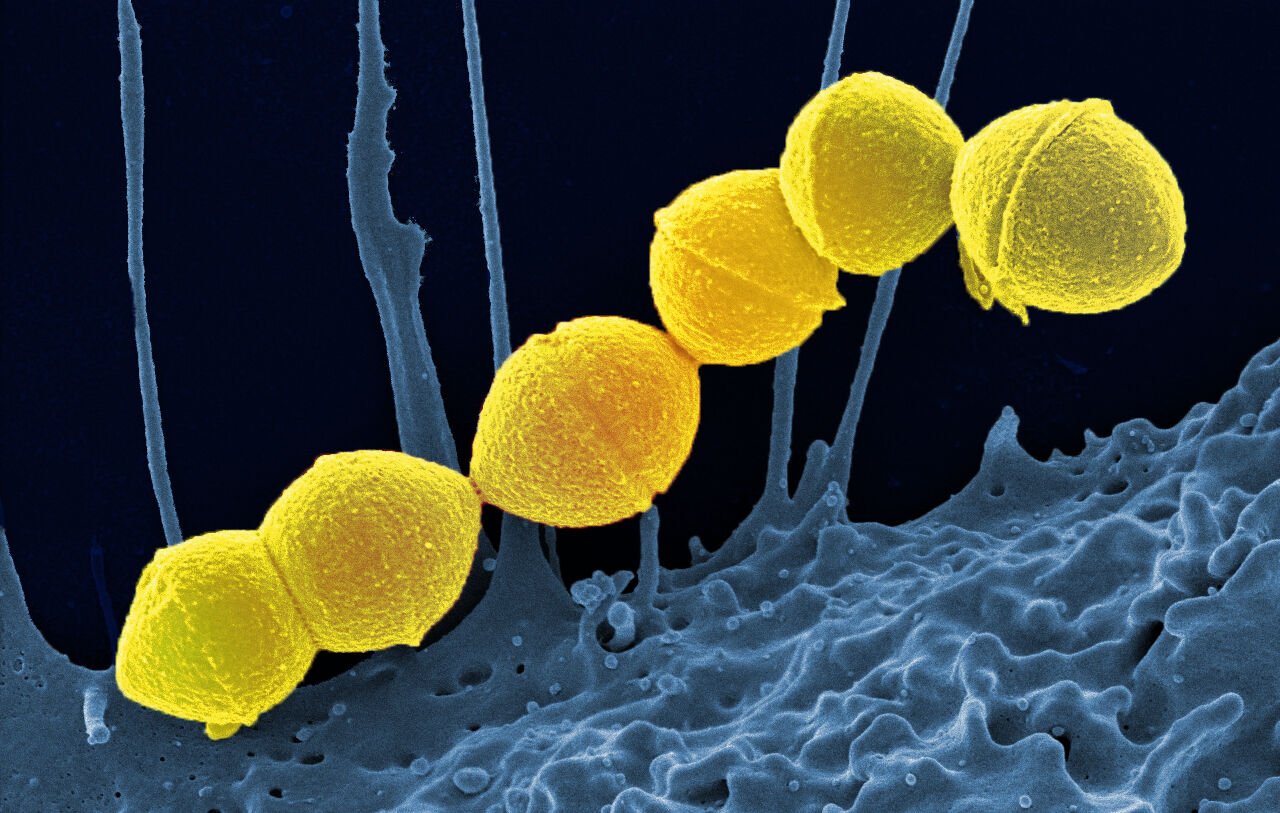Deadly flesh-eating bacteria spreading in Japan

Japan is grappling with a significant outbreak of a flesh-eating bacteria known as streptococcal toxic shock syndrome (STSS), which has already infected 1,019 people and shows no signs of slowing down.
Cases of STSS in Japan have surged to 1,019 as of yesterday, June 20, a number that has already surpassed the total reported cases for last year. At the current infection rate, experts predict the country could see up to 2,500 cases by the end of the year. The disease has a mortality rate of 30%, according to Ken Kikuchi, a professor of infectious diseases at Tokyo Women’s Medical University.
“Most of the deaths happen within 48 hours, As soon as a patient notices swelling in the foot in the morning, it can spread to the knee by noon, and they can die within 48 hours.”
Public Health Ontario has reported that 13 children in the province have died from invasive group A streptococcus (iGAS) disease, which includes STSS, between October 1 and yesterday. During this period, 1,510 cases were recorded, marking a 33% increase compared to the previous season. The BC Centre for Disease Control also noted a rise in iGAS infections, with 51 cases reported this year compared to 20 cases last year.
STSS occurs when group A streptococcus enters deep tissues and organs, according to Health Canada. Streptococcus pyogenes, or group A streptococcus (GAS), is a common bacterium that typically causes mild illnesses such as strep throat, scarlet fever, or skin infections. However, in rare instances, it can invade areas where it is not usually found, such as the blood, lungs, muscles, joints, bones, or the fluid surrounding the brain and spinal cord, leading to severe illness and even death.
The spread of GAS bacteria occurs through respiratory droplets or direct contact. Health Canada states that individuals can carry the bacteria without showing symptoms, and some people even have the bacteria as part of their natural flora.
Risk factors
Kikuchi urges the public to maintain hand hygiene and treat any open wounds. He explained that patients might carry GAS in their intestines, potentially contaminating their hands through faeces. Open sores, wounds, weakened immune systems, and pregnancy can increase the risk of GAS infection. Alcohol and drug use are additional risk factors.
Initial symptoms of STSS include fevers, chills, and aches, but the condition can become severe within 48 hours. STSS causes life-threatening illnesses by damaging organs and tissues, potentially leading to pneumonia or lung abscesses. It is also associated with necrotising fasciitis, or the flesh-eating disease, which causes the skin to turn purplish before it dies. About 25% of necrotising fasciitis cases are fatal, according to Healthlink B.C.
Lucien Bouchard, a former member of Prime Minister Brian Mulroney’s cabinet and founder and former leader of the Bloc Québécois, is a notable survivor of necrotising fasciitis. Bouchard lost his left leg in a near-fatal encounter with the flesh-eating bacteria. Doctors amputated his leg two days after diagnosis to halt the spread.

To prevent GAS disease, Health Canada recommends washing hands before and after handling food, coughing, sneezing, or using the bathroom. Improving indoor ventilation, wearing masks, and staying home when sick can also minimise the spread. Early disinfection of cuts or scrapes can prevent infections.
The World Health Organisation has noted that the rise in cases followed the end of Covid-19 restrictions. Some experts suggest that lockdowns may have inadvertently lowered immunity to GAS and other diseases. While other diseases saw a spike after restrictions were lifted and then subsided, GAS infections have continued to rise for reasons that remain unclear.
Latest Thailand News
Follow The Thaiger on Google News:


























